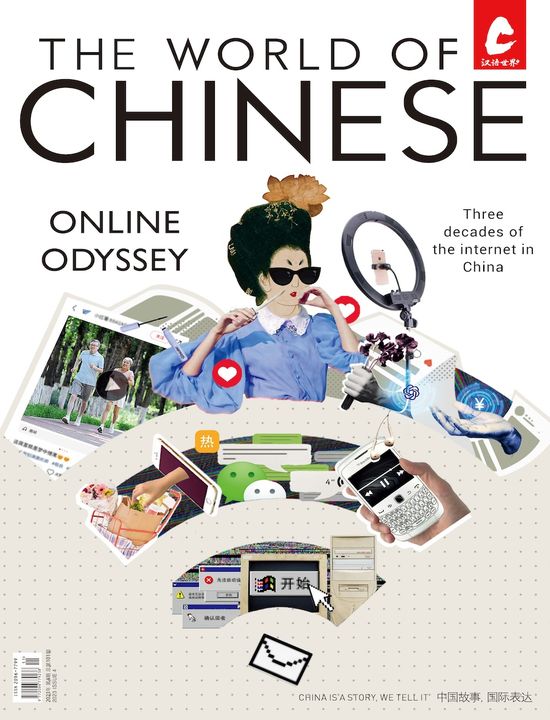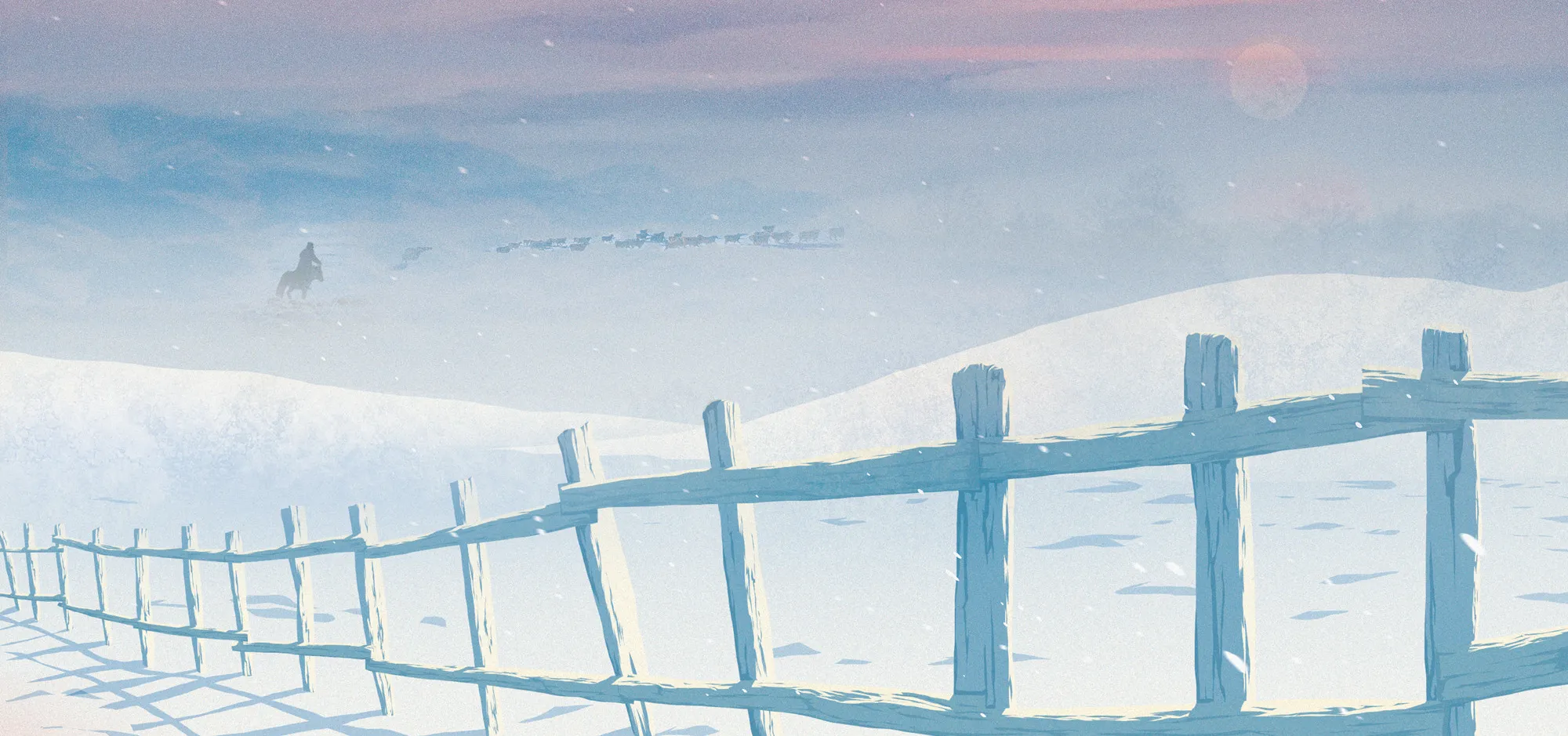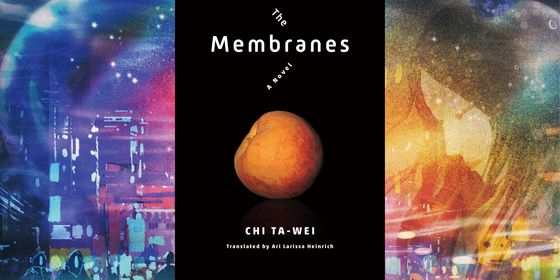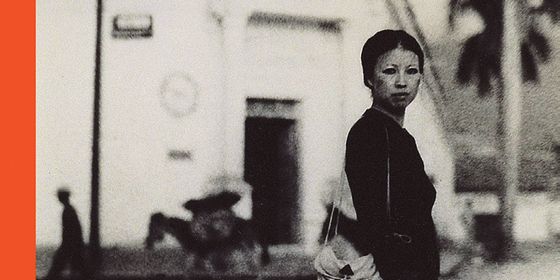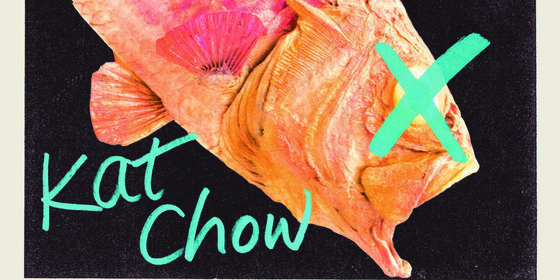Li Juan’s memoirs of pastoral life give glimpses into disappearing livelihoods in the Altai Mountains
To express surprise, 9-year-old Nurgün exclaims “Aiya!” in Mandarin, while everybody else in her Kazakh family would say, “Allah!” This is one of many everyday observations Li Juan makes in Winter Pasture, which follows a Kazakh family whose children have come home for winter break, subtly transformed by their education at a free public boarding school.
Translated into English for the first time, Li Juan’s writings are timeless in their portrayal of loneliness, vastness, and death—yet bear the marks of the times in cross-cultural collisions on a shifting grassland. Two books by the Xinjiang-born, ethnic Han writer were released in English this February, cementing her arrival onto the international literary scene.
Winter Pasture, translated by Jack Hargreaves and Yan Yan, records a grazing journey Li takes in 2010 with an ethnic Kazakh family and their 100 sheep, over 50 cattle, six horses, and three camels, living in burrows dug into the snow-covered ground in the Altai Mountains. Originally published in 2012, it is a masterpiece of vivid character sketches. Distant Sunflower Fields, translated by Christopher Payne, is a later work from 2017. It spans the years Li sought to cultivate 100 hectares of sunflowers on a plot of rented land with her mother and grandmother, and turns meditatively inward toward her own life and family.
Li Juan was born to an agricultural family in Chushur county of Xinjiang Uyghur Autonomous Region in 1979. After dropping out of high school, she headed to Ürümqi to work on an assembly line. She later worked as a clerk and a magazine editor, before joining her mother on the sunflower fields.
Like many young Chinese writers today, Li’s first literary community was online, where she blogged about her life under the screen name “Li Juan of Altai.” She published her first book, Nine Pieces of Snow, at the age of 24. In the two decades since, Li has written nine books. Distant Sunflower Fields, her most recent, garnered an award in the essay prose category at the prestigious Lu Xun Literary Prize.
The cross-cultural premise of Winter Pasture could have easily come off as voyeuristic, but is saved by Li Juan’s biting, self-deprecating honesty. She discloses that Cuma, the father of the family, probably agreed to host her for the winter because he owed her family some money.
Distant Pastures is a story from our issue, “Dawn of the Debt.” To read the entire issue, become a subscriber and receive the full magazine. Alternatively, you can purchase the digital version from the App Store.
